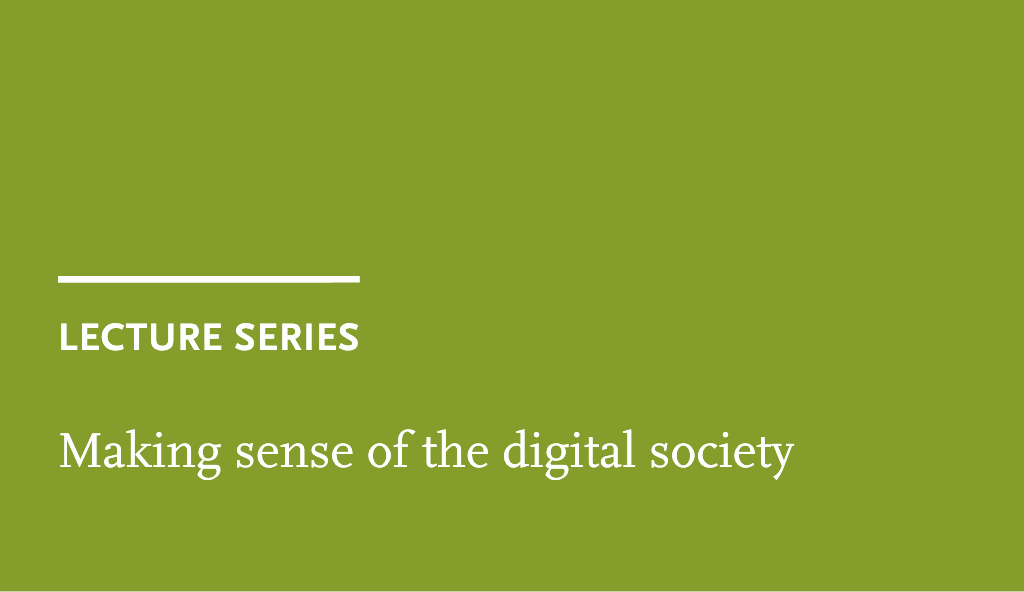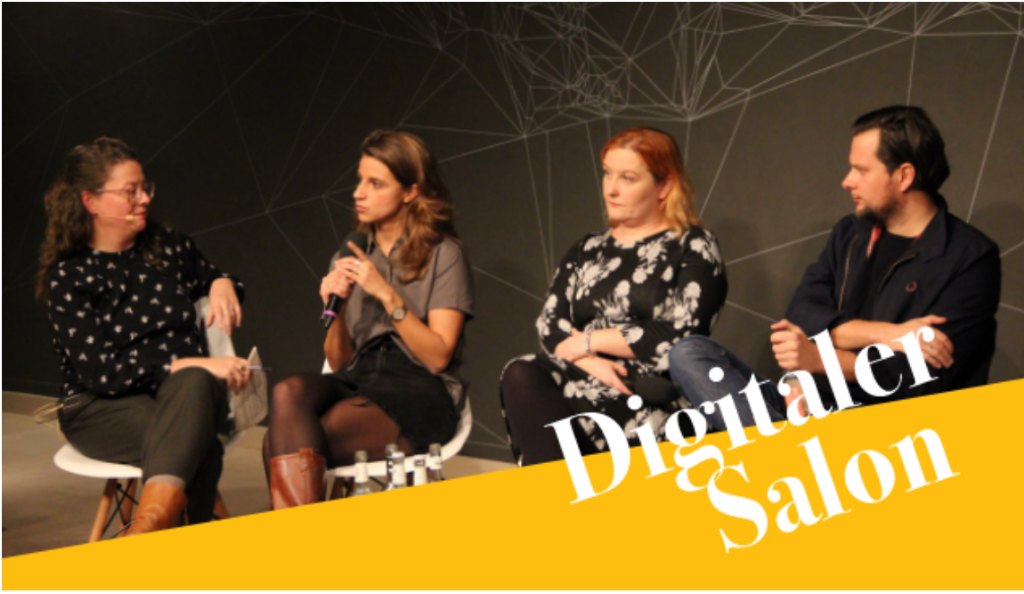
Lunch Talk Series I How India Became a Global Hub for IT Outsourcing and Consulting
The Lunch Talk will take place on April 17, 2022 at 12pm CET. The speaker, Prof. Dr. Matthias Kipping, will provide topical insights into India as a global hub for IT outsourcing and consulting services. Stephan Bohn will moderate the event. This event will be held in English. Our aim is to come together and exchange ideas through an inspiring digital lunch break.
Lunch Talk
How India Became a Global Hub for IT Outsourcing and Consulting: A Preliminary Assessment
Prof. Dr. Matthias Kipping, Dr. Stephan Bohn
Monday, 17 April 2023 | 12 pm – 1pm (CET)
HIIG | Französische Straße 9, 10117 Berlin
While everyone talks about the Big Five tech firms (Amazon, Apple, Google, Facebook/Meta, and Microsoft) or the Big Seven, if one includes Alibaba and Tencent, or marvels at how Elon Musk and Tesla transformed the automobile industry, there is an equally remarkable success story that took place around the same time but has attracted much less attention: The rise of India as a global powerhouse in the provision of IT-based outsourcing and consulting services. This includes both firms of Western, generally US origin, like Accenture or Cognizant as well as home-grown organizations like Tata Consultancy Services (TCS), Infosys, and Wipro, to name but the three most well-known ones. The key question is how a country, where there were but a few hundred computers in 1978 when IBM shuttered its subsidiary to escape majority domestic ownership, ends up dominating the global market for IT outsourcing and consulting four decades later.
The explanations are complex and involve numerous factors and actors, with many authors going back into the past to look for the deep roots of what appears or is at least often portrayed as a miracle – pointing, among others to the establishment of world-class engineering education and profession, the supportive industrial policy by some Indian governments, or, if more a believer in the power of market forces, the liberalization after 1991, as well as the somewhat serendipitous Y2K scare. There are also many who have, not surprisingly, pointed to the role of individual entrepreneurs, with some of them laying claim to a – if not the – pioneering role in their autobiographies or recent interviews. While not discarding any of these explanations, this presentation draws on preliminary insights from an ongoing research project to suggest an additional important factor that these firms could draw on, i.e., the ambitions of the Indian middle class, and the organizational innovations and mechanisms they developed to respond to those ambitions. The presentation will also discuss what this means for extant theories of international business.
Speaker
Matthias Kipping, PhD, is Professor of Strategic Management and Richard E. Waugh Chair in Business History at the Schulich School of Business, York University in Toronto, Canada, following prior appointments in the UK and Spain. He holds Masters degrees from the Sorbonne in Paris and Harvard’s Kennedy School of Government and received his doctorate from the Ludwig-Maximilians-Universität in Munich, Germany. He has been a visiting professor in France, Italy and Japan as well as, in 2018/19, the FU Berlin as a recipient of a research award from the Alexander-von-Humboldt Foundation. His research is situated at the intersection of history and management and organization studies, an interaction he has discussed in a recent monograph and an article in The Academy of Management Annals (both co-authored with Behlül Üsdiken). His main focus has been the development and role of management consulting, a topic he has published on extensively both in business history and management journals, including the Journal of Management Studies. He also co-edited an Oxford Handbook of Management Consulting. Matthias Kipping will talk about “How India Became a Global Hub for IT Outsourcing and Consulting: A Preliminary Assessment”.
Moderator
Stephan Bohn, PhD, is a senior researcher and a project leader in the Innovation, Entrepreneurship & Society group. At HIIG, he is responsible for projects about digital organizing, sustainability, open source and platforms. Stephan’s research areas focus on organizational change, institutional change, framing and (disruptive) technologies in different areas, especially digitalisation and open-source, digital music market and platforms, and green innovations such as renewables, and electric mobility. In doing so, he likes to combine qualitative methods and machine learning approaches such as topic modelling.
To participate in the event, please register using the form below. You will receive the login details on the day of the event.
Bookings
Eine Anmeldung ist für diese Veranstaltung aktuell nicht möglich.
DIGITAL SOCIETY LECTURES
This high-profile lecture series thrives to develop a European perspective on the processes of transformation that our societies are currently undergoing.
DIGITALER SALON
Once a month we publicly discuss the impact of digitalisation on the society. Therefore we invite special guests and engage in a dialogue with the audience.
NEWSLETTER
Be the first to learn about our new events and exciting research results.

